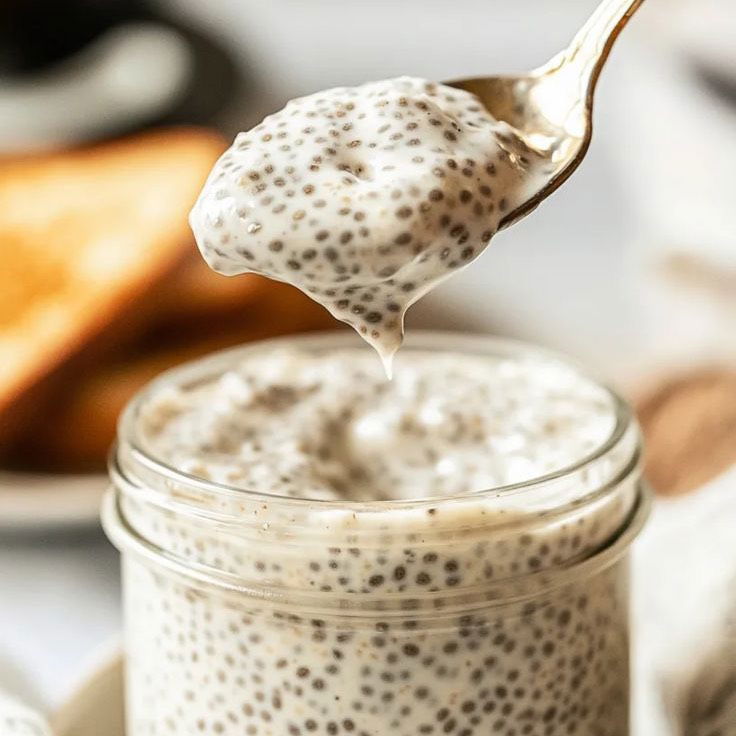 Why You Should Eat Chia Seeds Everyday
Why You Should Eat Chia Seeds Everyday

Thanks to their dense nutritional profile and surprising versatility, chia seeds have earned their spot as a modern-day health food favorite. These tiny black seeds, originally harvested from the Salvia hispanica plant in Central and South America, pack a serious punch. Just a tablespoon or two offers a generous serving of fiber, plant-based protein, and heart-healthy omega-3 fatty acids—not to mention a dose of important minerals like calcium and magnesium.
What makes chia seeds so appealing isn’t just what’s inside them—it’s how easy they are to incorporate into your daily routine. You can toss them into smoothies, sprinkle them on yogurt or oatmeal, or let them soak in milk or juice to create a satisfying pudding. They’re practically flavorless, so they blend into just about anything without overpowering your dish.
That said, even the healthiest foods come with a few caveats. Eating chia daily may offer health benefits, but everyone’s body is different. If you’re thinking about making chia a regular part of your diet, it’s always a good idea to consult a healthcare provider first—especially if you have digestive concerns or food sensitivities.
Chia is a Nutrient-Dense Superfood
Although they’re small, chia seeds pack a powerful punch. A one-ounce serving contains 138 calories, 9.75 grams of fiber, 5 grams of protein, and healthy fats, including alpha-linolenic acid (ALA), a plant-based omega-3. Furthermore, they’re rich in minerals like calcium, magnesium, phosphorus, and iron. However, because they’re so calorie-dense, you don’t want to overdo your portions. On the positive side, their high fiber and fat content can keep you full, which in turn can help regulate your appetite.